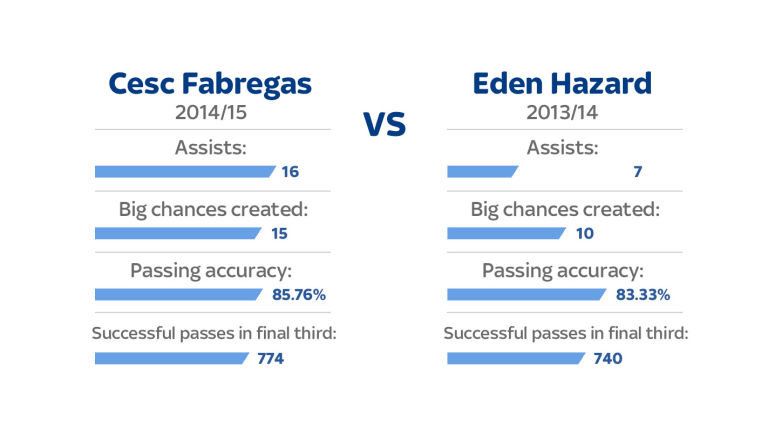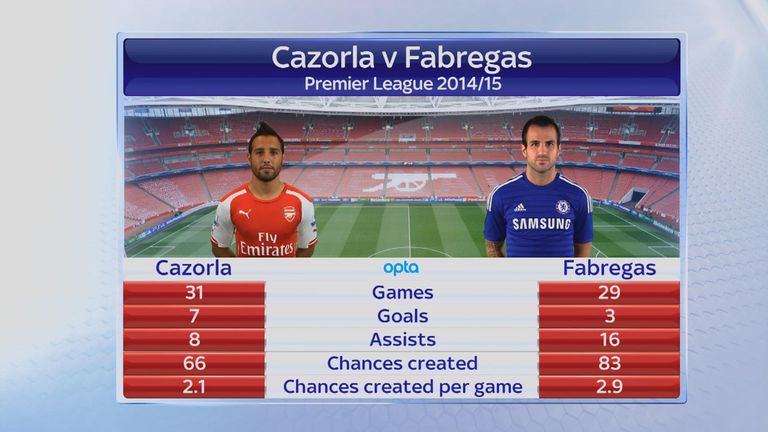Italy’s premier is leading calls for EU action, including a summit, on the increasing number of migrant deaths in the Mediterranean. EU foreign ministers are meeting to discuss the issue.
Following the latest sinking of a migrants’ boat off the coast of Libya at the weekend, Italian Prime Minister Matteo Renzi has called for EU action on the issue.
EU foreign ministers are meeting in Luxembourg Monday morning to discuss the crisis. They will also discuss the situation in war-torn Libya where up to 90 percent of the migrants begin their dangerous sea-journey to Europe.
Up to 700 people are feared drowned after their 20 meter fishing boat sank late Saturday night. Only 28 migrants were rescued. The coffins with the bodies of victims have been taken to Malta.
The United Nations’ Refugee Agency (UNHCR) in Italy said there had been a thirty-fold increase in the number of migrants drowning in the Mediterranean since the start of the year compared with the same period for 2014.
Renzi said that Libya was the key problem in originating the dangerous voyages for migrants across the Mediterranean. He said more needed to be done to stop boats organized by traffickers from leaving. He called it “the slavery of the 21st Century”, and added: “It is unthinkable that in the face of such a tragedy, there isn’t the feeling of solidarity which Europe has shown in other instances.”
EU under fire
The EU has been criticized for its inaction since the nine-million-euro ($9.7 million) Mare Nostrum rescue operation was ended last October. Italy had failed to persuade European partners to help meet operating costs. Some EU members expressed fears that the operation was encouraging smugglers and migrants to organize more trips across the sea.
Mare Nostrum was replaced by a much smaller EU-run border protection program, named Triton, which operates only within 50 kilometers (30 miles) of the Italian coast.
Head of the International Organization for Migration (IOM) William Lacy Swing called for the Mare Nostrum operation to be restored: “Mare Nostrum saved 200,000 lives between October 2013 and December 2014,” he said on Monday. “Get Mare Nostrum back out there, give it the support it needs to save these lives.”
Swing said the Triton operation was “not adequate.”
“They don’t have a mandate, they’re a border protection agency, not a life-saving agency,” Swing said.
As refugee numbers rise, German study looks at what motivates volunteers to help out
They are young, educated and usually female. Volunteers exemplify what a new culture that welcomes immigrants could look like in Germany. But what motivates them? A new study takes a look.
Arson attacks on refugee shelters, massive demonstrations by right-wing populists and threats against those who actively work to improve the lives of immigrants. Often negative headlines such as these are what dominate media coverage on immigration in Germany. Meanwhile, the fact that there is, at the same time, a wave of solidarity with and a willingness to help refugees almost gets lost in the flood of sometimes shocking imagery.
A study by the Berlin Institute for Integration and Migration Research (BIM) at Humboldt University wants to change that. In an online survey, researchers interviewed a total of 466 volunteers and 70 organizations in hopes of answering two questions: who helps and why?
Educated and united
Despite the limits of the small-scale study, its researchers are certain that they can already discern clear trends, says Serhat Karakayali, a co-author of the BIM study.
Refugee work in Germany is a question of education, according to Karakayali.
Seventy percent of volunteers were female. Most of them were financially secure and educated. Of those questioned, ninety percent had obtained the “Abitur,” Germany’s high school diploma equivalent for students planning to attend a university.
Above all, young adults and senior citizens were active in refugee homes. According to the study, religious convictions didn’t play an important role in becoming a volunteer. More than half of those questioned responded that they were not religious, while just 12 percent of those surveyed pointed to their beliefs as a motivation for getting involved.
The authors attributed most volunteers’ motivation to news coverage of the refugee situation in Germany.
“Many became active spontaneously,” according to Serhat Karakayali.
According to the study, most became involved on their own, in neighbourhood organizations or in small citizen’s groups. About one-third of respondents said that their efforts were coordinated through sport clubs.
“Very few are actually active in associations, 3.7 percent to be exact,” the study said.
A high level of political involvement was also characteristic for volunteers.
“[They] are not primarily concerned with why people have fled,” says Serhat Karakayali. “They are sympathetic to all forms of migration and flight.”
Political ideals
According to the study, “two-thirds of respondents said that they wanted to help shape society with their efforts,” leading the authors to conclude that many volunteers were not motivated by personal and professional gain.
In most cases, those surveyed spent much of their time helping refugees navigate German bureaucracy. Often, it was up to the volunteers to establish contact with authorities. Beyond that, they frequently acted as translators or organized private language lessons.
Politics lagging behind
The researchers made a series of recommendations for the German government, emphasizing that these tasks should not really be the responsibility of volunteers.
“We can clearly see the dangers of volunteers having to take over tasks that should really be shouldered by the state,” Olaf Kleist, co-author of a paper published by the Refugee Studies Centre at Oxford University, says.
The only way to prolong the kind of volunteer involvement emerging spontaneously around Germany is if “existing organizations [supported] volunteer initiatives with money and know-how.”
Above all, authorities have to become better adjusted to refugees, according to the study. Paperwork and visits to authorities must be structured in such a way that asylum seekers can navigate them without being dependent on help from volunteers, regardless if they must go to social services, schools, or youth welfare services.
The authors also recommended that German authorities adopt a telephone translation service for refugees, similar to one already in place in Australia, in order to remove language barriers for bureaucrats and non-German speakers alike.
However, the study’s author, Serhat Karakayali, concluded that the study underlined an important turning point in Germany: “volunteer refugee workers are living the example of what politicians have been talking about for years, namely the transformation of Germany into a welcoming society.”
OPINION: EU Needs A New Refugee Policy
Yet another fishing boat, this time carrying up to 700 migrants, capsized off the coast of Libya this weekend. It’s high time for the EU to act, writes DW’s Johannes Beck.
What else needs to happen for the European Union to finally change its immigration and refugee policy? How many more people have to drown in the Mediterranean Sea for European politicians to budge? How many more funeral services are needed before Brussels finally takes action?
Debt-ridden Italy of all countries showed the EU how to act after a boat capsized off the coast of the Italian island of Lampedusa in October 2013. Italian navy ships then started patrolling sea routes between North Africa and southern Europe as part of their “Mare Nostrum” operation. Even though Italy was able to save thousands of people from drowning, other European member states didn’t want to help pay the 108 million euros ($117 million) needed annually to keep operations going.
Instead, Europe tasked its border control agency Frontex with saving refugees’ lives. The “Triton” mission started operating last November – and was supposed to be a lot cheaper than Mare Nostrum. That’s why it mainly focuses on saving people which are close to European coasts, but doesn’t help in the case of tragedies like the one off the coast of North Africa, thus risking thousands of lives.
No more words of mourning
I don’t want to hear any more words of mourning from European politicians after the most recent tragedy in the Mediterranean. Those who don’t want to participate in search and rescue missions like Mare Nostrum because they have been deemed too expensive should at least be honest enough and openly say that lives of people from Eritrea, Ethiopia or Syria are not worth very much.
Just look at Europe’s agricultural policy and you’ll see the cynical dimension of all this talk about
FINANCING
Mare Nostrum. The EU supports its farmers with 50 billion euros per year in subsidies. That means Europeans spend more per day on aid to farmers than what a mission of the scope of Mare Nostrum would cost per year.
Three demands
Ideas for a new refugee and immigration policy have been around for years.
First, as a short-term approach: Search and rescue operations need to be expanded to the entire Mediterranean Sea again and should be
FINANCED
by all EU member states, of course. Italy can by no means be left in a lurch again like it was with Mare Nostrum.
Second, as medium-term approach: the European immigration policy needs to be reformed. In addition to the right of asylum due to political persecution and protection of refugees from war zones such as Syria, migrants should also be allowed to come to Europe for economic reasons.
Europe is de facto already an immigration continent. Many countries have to deal with an aging population and will continue to need immigrants in the future. Quotas and point systems could help in making this process legal and transparent. This would help curb those leaving in search of work from running to the boats of human traffickers in the Mediterranean.
Third, in the long run: The EU has to spotlight the reasons why people are fleeing and leaving their countries. Those who destroy all governmental structures in Libya by launching a military operation can’t withdraw from the country and simply watch how it descends into chaos.
The EU has to vigorously insist on observing human rights, for instance in Eritrea which is home to many boat refugees in the Mediterranean where the EU and its member states – Germany as well – have turned a blind eye for a long time and initially even helped support the dictatorial regime with development aid.
We’ve had enough time to talk and lament. It’s high time to act.




























